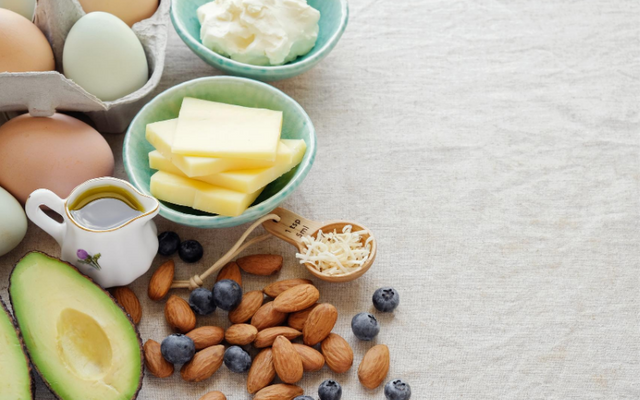INFERTILITY: TOP CAUSES OF INFERTILITY IN MALE AND FEMALE (2020)
INFERTILITY
Infertility is rising very rapidly at this time but people are even worried about it no they only care when they try to conceive and they fail that’s the time when they realize it’s too late but what is causing this food or environment.
Bit of environment and lots of food. Yes!
Food is a major contributor to fertility and infertility

Food choices can positively affect reproductive function which promotes the health of a woman’s egg and a man’s sperm and also provide important nutrients for hormonal production, balance, and function.
We should know that female infertility is easier to understand as in most of the case’s problem is known but men’s infertility is tough to recognize at early stage.
Studies claim that stress can also cause infertility and it is one of the main causes of infertility in Urban India. Any stress like profession, long working hours, etc.
Stress can trigger oxidative stress – physiological stress on the body caused by damage from unneutralized free radicals – which has been associated with semen quality and fertility.
Some studies also found that links between the women’s level of day-to-day stress and lowered chances of pregnancy. Women whose saliva had high levels of alpha-amylase, an enzyme that marks stress, took 29% longer to get pregnant compared to those who had less.
Your body is smart, it knows that (period of stress) aren’t good times to have a baby says Domar, the Longtime infertility researcher.
Eating has a major effect on fertility issues. Eating too much junk food can cause fertility problems, weighing too little or not eating enough can affect your reproductive potential.
Watching your carbohydrate and junk food intake is also advisable. Eating more junk food has been correlated with poorer sperm health.
Some people cope with stress by dieting or find that they lose their appetite when under a lot of pressure. At the extreme, the eating disorder anorexia can end your menstrual cycles. No menstrual cycle means no ovulation. Without ovulation, you can’t get pregnant.
An unbalanced food consumption, responsible for severe under or overweight leads to alterations of the ovarian function with subsequent increase in infertility.
A study performed in 2006 stated that female and male preconceptional nutritional status influences fertility and perinatal conditions.
Studies have shown that both men and women who choose to eat more vegetables have higher levels of fertility than those who don’t consume.
If your diet consists mostly of fast food, sods, processed meats, and refined carbs, you may want to make some changes. Consumption of sugar-sweetened beverages has been linked to lower fertility for both men and women.
Studies have found that women who consume large amounts of fast food and little produce can take longer to become pregnant than women with healthier diets.
Consuming fast foods that are often high in trans fats have been linked to ovulation related fertility issues, while processed foods have been found to have a negative impact on fertility as well.
This study performed on 161 women and as an outcome project has revealed that a diet rich in fish, vegetables, and low in carbohydrates was linearly related with red blood cells folate and vitamin B6 in the blood which increases 40% chances of pregnancy.
Oxidative stress is also a major contributor to infertility. A study shows that women with frequent spontaneous abortions, the blood levels of antioxidants were lower than in females with better reproductive outcomes.
A 2011 study found that oral antioxidants could improve sperm quality and pregnancy rates.
Eating right is great for your overall health and your reproductive health as well. By achieving a healthy weight, avoiding unhealthy diets, and making sure you get the right nutrients, you can increase the chances of getting pregnant.
The information on this article has not been evaluated by the Food & Drug Administration or any other medical body. We do not aim to diagnose, treat, cure, or prevent any illness or disease. Information is shared for educational purposes only. You must consult your Dietitian or Nutritionist before acting on any content on this website, especially if you are pregnant, nursing, taking medication, or have a medical condition.